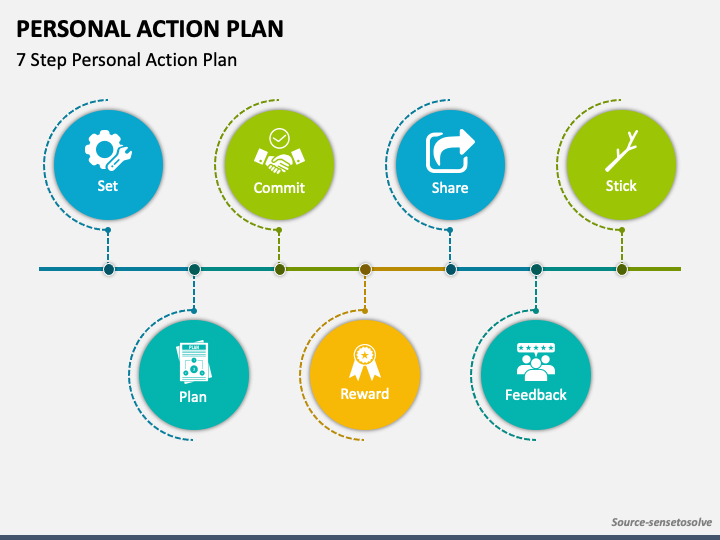Office Lunch Etiquette: 6 Rules For Professional Success

Table of Contents
Choosing Your Lunch Strategy Wisely
Your lunch strategy significantly impacts your overall workplace experience and how you're perceived by colleagues. Consider these factors carefully to ensure you're making the best choices for both your comfort and professional image.
Where to Eat:
The location of your lunch impacts the atmosphere and your interactions. Options include:
- Desk Lunch: Convenient but may signal a lack of engagement with colleagues. It's suitable only if you consistently have a quiet and short lunch.
- Cafeteria: A good option for quick, affordable meals and informal interaction. Assess its cleanliness and noise levels beforehand.
- Restaurant: Ideal for networking or a more formal business lunch. Choose a restaurant appropriate for the occasion and your budget.
- Taking Lunch Outside: Enjoyable during pleasant weather but ensure you have sufficient time to return to work promptly and that your workplace permits this.
Consider your company culture. A fast-paced startup might favor quick desk lunches, while a more traditional firm might encourage cafeteria or restaurant visits for team bonding. Respect others’ preferences; some prefer a quiet lunch, while others enjoy lively conversations. Plan ahead to avoid last-minute lunch rushes, and always assess the hygiene and cleanliness of shared spaces like the cafeteria refrigerator or microwave before using them.
What to Order (if ordering out):
When ordering lunch, consider the context of your professional setting.
- Avoid excessively messy or smelly foods: Steer clear of dishes likely to cause spills or strong odors that might bother others. Think salads or sandwiches over particularly aromatic curries.
- Consider dietary restrictions of colleagues if sharing a table: Be mindful and considerate of any colleagues who may have dietary requirements or allergies. Ask before ordering shared food items.
- Opt for foods easy to manage without utensils if appropriate: If you're eating at your desk, choose foods that don't require extensive use of cutlery.
- Be mindful of portion sizes: Avoid overly large portions that might be difficult to manage during a limited lunch break.
Maintaining Professionalism During Your Meal
Even seemingly small details during your meal can significantly affect your professional image.
Table Manners Matter:
Basic table manners are essential, even during a casual office lunch.
- Avoid talking with your mouth full: This is a fundamental rule of etiquette, demonstrating respect for those around you.
- Use proper cutlery etiquette: Employ the correct utensils in the proper order – work from the outside in.
- Keep phone use to a minimum: Minimize distractions by keeping phone use brief and discreet. Avoid loud conversations on your phone.
- Dispose of waste properly: Clean up after yourself, disposing of trash in appropriate receptacles.
Conversation Etiquette:
Lunchtime conversations offer chances for networking or casual interaction, but careful topic selection is crucial.
- Keep conversations professional and inclusive: Avoid gossip or negative comments about colleagues or the company.
- Avoid sensitive topics like politics or religion unless appropriate with colleagues: These topics can be divisive and best avoided in casual workplace settings unless you know your colleagues well and the conversation is appropriate.
- Engage in polite and respectful small talk: Focus on positive and lighthearted subjects.
- Be mindful of the volume of your voice: Keep your voice at a conversational level to avoid disturbing others.
Respecting Shared Spaces & Colleagues
Sharing spaces requires consideration and respect for others.
Cleanliness and Organization:
Maintaining a clean workspace demonstrates professionalism and respect for your colleagues.
- Clean up your mess (crumbs, spills): Immediately address any spills or messes you may make.
- Dispose of trash appropriately: Use designated trash cans and recycling bins.
- Return borrowed items to their rightful place: If you borrow something (e.g., a microwave), return it promptly to its original location.
- Respect shared appliances (microwave, refrigerator): Clean up after using shared appliances and respect others' space in the refrigerator.
Respecting Others' Time and Space:
Be mindful of your colleagues and their time during the lunch break.
- Avoid monopolizing shared spaces: Be considerate of others who also need to use shared areas.
- Be mindful of noise levels, especially in quiet areas: Keep conversations at a reasonable volume to avoid disturbing those around you.
- Respect personal space: Avoid invading others' personal space or interrupting their lunches.
- Avoid disruptive behavior: Refrain from loud or disruptive behavior that could interfere with others' lunches or work.
Networking Opportunities at Lunch
Lunchtime provides valuable opportunities for informal networking.
Building Professional Relationships:
Use your lunch break strategically to build professional connections.
- Engage in positive and professional conversations: Initiate conversations about work projects, industry trends, or shared interests.
- Show genuine interest in colleagues and their work: Show active listening and engage in meaningful dialogue.
- Exchange business cards appropriately: If appropriate, exchange business cards to maintain contact after your conversation.
- Follow up on any networking conversations: Send a brief email thanking the person for their time and reiterating key points discussed.
Handling Difficult Lunch Situations
Even with best efforts, challenging situations can arise during lunch.
Dealing with Messy Eaters or Noisy Colleagues:
Addressing difficult lunch situations requires tact and diplomacy.
- Address issues diplomatically and discreetly: If appropriate, gently address the issue with the individual privately.
- Avoid confrontation: Direct confrontation can escalate the situation. Focus on being understanding and finding a solution that respects everyone involved.
- If the situation persists, consider speaking to HR or management: If the behavior continues to be problematic or disruptive, seeking assistance from HR or management might be necessary.
The Importance of Punctuality
Punctuality is paramount to maintain professionalism and respect company time.
Returning to Work on Time:
Returning promptly after your lunch break shows respect for your colleagues and company policies.
- Plan your lunch break effectively to allow enough time for eating and returning to work on time: Factor in travel time, ordering time, and eating time to ensure you're back at your desk promptly.
- Respect company policies on lunch breaks: Adhere to any company policies regarding lunch break duration and procedures.
Conclusion:
Mastering office lunch etiquette is key to creating a positive and productive work environment. By following these six rules, you'll project professionalism, build strong relationships, and contribute to a more harmonious workplace. Remember that even small gestures in observing proper office lunch etiquette can significantly impact your professional success. Implement these tips today and enjoy a smoother, more successful lunch break! Improve your professional dining etiquette and elevate your workplace presence with mindful attention to your office lunch habits.

Featured Posts
-
 Glastonbury Festival 2025 Coach Locations Resale Ticket Availability And Pricing
May 31, 2025
Glastonbury Festival 2025 Coach Locations Resale Ticket Availability And Pricing
May 31, 2025 -
 End Of The World Miley Cyrus Releases Striking New Music Video
May 31, 2025
End Of The World Miley Cyrus Releases Striking New Music Video
May 31, 2025 -
 How To Achieve The Good Life A Step By Step Plan
May 31, 2025
How To Achieve The Good Life A Step By Step Plan
May 31, 2025 -
 Dangerous Climate Whiplash Global Cities Face Growing Impacts New Report Reveals
May 31, 2025
Dangerous Climate Whiplash Global Cities Face Growing Impacts New Report Reveals
May 31, 2025 -
 Bodensee Zukunft Welche Rolle Spielt Der Klimaschutz
May 31, 2025
Bodensee Zukunft Welche Rolle Spielt Der Klimaschutz
May 31, 2025
